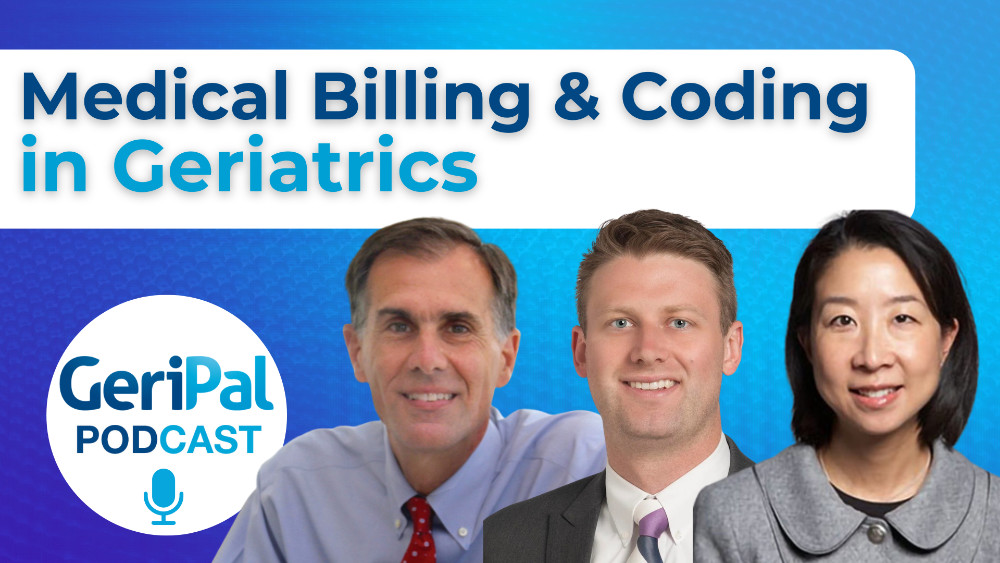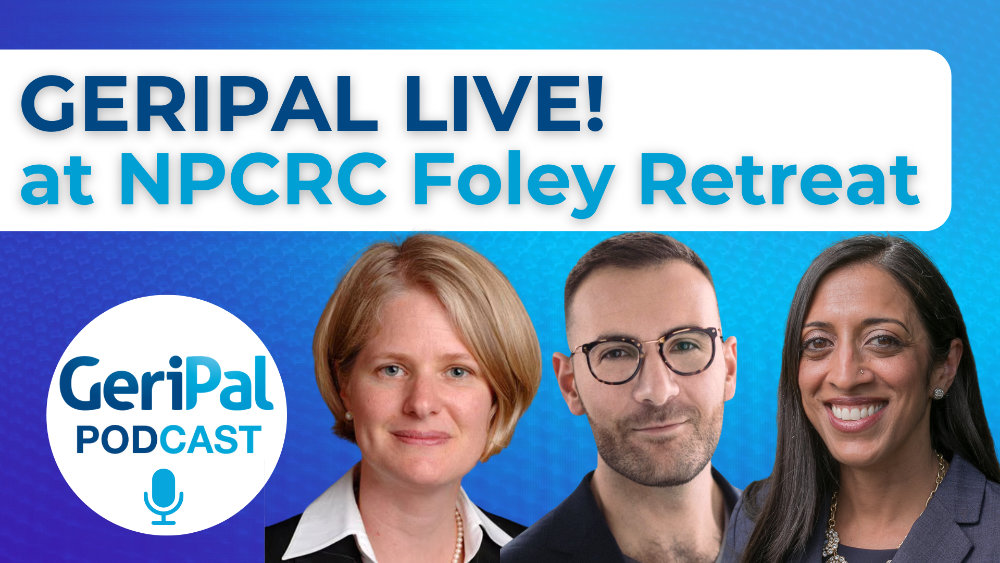
I recently attended the AGS Meeting in Orlando as a rising 3rd year medical student. I was there to present my work on family caregivers,
which was well received and even garnered some international attention. Not
only did my research resonate with clinicians and researchers on a professional
level, but they were also personally touched by the unique and heartbreaking
stories of these unpaid caregivers. These were individuals who tirelessly gave
their time and energy to tend the health care needs of a loved one without
accepting pay or gratitude, even at the expense of their own physical and
mental wellbeing. I was enthused by the opportunity to share my findings, but when
people came up to me to extend their congratulation’s for receiving the AGS
Clinical Student Research Award, I was not as excited to talk about that. Instead
of saying, “Thank you, I am delighted and honored,” I wrote off such worthy
recognition by responding, “They probably didn’t have anyone else to give it
to!” It was then that Dr. Mike Harper explained, “You have the geriatrician
syndrome.”
ger·i·a·tri·cian syn·drome
ˌjer-ē-ə-ˈtri-shən
ˈsin-ˌdrōm
Noun
A
pathologically modest view of self in the context of one’s role as a physician
caring for older adults; cardinal features include: inability to accept praise
and downplaying the significance of one’s role in medicine.
How could this be when I’m not even a geriatrician yet? I
haven’t worked as hard as the rest of these immensely accomplished meeting
attendees. I still have to take Step 1 in June for crying out loud! Who was I
to tell any of these people anything about my research on family caregivers and
to receive an award for it?
Oh.
I guess I do
have that syndrome.
I cannot definitively explain how I came to acquire this
syndrome. I know that in the time I have spent working with geriatricians prior
to starting medical school I have learned that this is a very humble bunch. Geriatricians constantly feel as though their
work and desire to positively impact the lives of elders is endless, but they unremittingly
forge on with much purpose and conviction. They may not be the highest paid nor
could they boast to be the most competitive of medical specialties, but they
sure are the happiest. They are truly the unsung heroes of medicine; but even
when they are lauded, they shy away from it. In a way, they are very much like
the family caregivers in my study; that is, they take very little credit – if
any – for the large and positive impact they have on the lives they touch.
To be honored among those whose careers span more than half
of my entire lifetime was beyond humbling (I’m 31 for what it’s worth). My
fellow awardees gave poignant speeches about their commendable life’s
work in geriatrics, whereas I was so nervous about not falling on stage that I forgot to
shake Dr. Wayne McCormick’s hand upon receipt of my framed certificate.
Reflecting on this experience, I realized that we – as current and future geriatricians – are drawn to this field because it is totally unpretentious
and rewarding on countless levels. There’s no hiding the fact that people grow
old and succumb to many great illnesses as they age. Those elderly patients who
are fragile in body but resolute in spirit teach us many things about living
that we could only hope to experience in our own lifetimes. We are so greatly
humbled because the field boasts of many outstanding clinicians and researchers
who have made quiet yet monumental waves in medicine that continue to carry
their significance forward to future generations of doctors, such as myself. As with the family caregivers who shared their stories with me, geriatricians feel that even when we give it
our all, we never think it is enough because we have so much more we want to
give to these elders.
I reckon the only way to treat the geriatrician syndrome
is to continue doing good work in this field so that years from now, I can confidently
walk up that stage again and say with conviction and poise, “Thank you. I am
delighted and honored.”

by: Julie Thai [Class of 2016, College of Human Medicine, Michigan State University]



